By Eric Fruits, Ph.D.
For most of us, homeless tents blocking sidewalks are an inconvenience. For the 12% of Portlanders with a disability, a blocked sidewalk is an ordeal. Tents force wheelchair and scooter users into the street. Visually impaired people bump into them and must guess an alternative route.
That’s why ten residents filed a federal class action lawsuit in September against the City of Portland on behalf of all disabled Portland residents. They claim the city has been in violation of the Americans With Disabilities Act and the Federal Rehabilitation Act by allowing tent encampments and associated debris to block city sidewalks for more than three years. They argue the city’s failure to keep sidewalks clear of obstructions amounts to illegal discrimination against people with disabilities.
The plaintiffs don’t want money; they want action from City Hall. They are asking the court to require Portland to remove tent encampments and debris from all city sidewalks. In order to ensure that people displaced from sidewalks have a place to go, plaintiffs are also asking the court to require the city to construct, purchase, or otherwise make available sufficient shelter space for those people. Providing this shelter space will comply with the 9th Circuit Court decision in Martin v. City of Boise, which holds that cities cannot enforce anti-camping ordinances unless there are sufficient shelter beds for the local homeless population.
The lawsuit is not a cure-all for the city’s homeless crisis because it focuses only on Portland sidewalks. Public spaces belong to all of us—our parks, streets, and even overpasses. When rows of tents block sidewalks anywhere in the city, they deny the use of those sidewalks to the rest of the community. When open air drug use and discarded needles render playgrounds unsafe, the rest of the community is denied the use of the parks our tax dollars are paying for. We should be making all parts of the city safe and accessible, and this ADA lawsuit should be seen as a starting point rather than a solution.
A key point is the plaintiffs’ demand for shelter space. The Portland region needs indoor shelter space for thousands of people. It doesn’t have to be fancy; it just has to be better than outdoors.
For years, the region’s local governments have focused on a misguided “housing first” approach that relies on building thousands of taxpayer-subsidized apartments. This approach is expensive, ineffective, and inadequate. By the end of this year, Metro and the City of Portland hope to have completed almost 1,600 units at a cost of more than $360,000 each under their affordable housing bond programs. That’s about 320 units a year. They can never build enough of these pricey apartments. The metro area needs shelter space. We need a lot, and we need it quickly.
Of course, this will cost money. But Portland already spends millions of dollars on discretionary activities and projects, like public funding of council campaigns, Portland Streetcar operations, and subsidies to marijuana retailers. None of these activities are mandated by federal law, but ADA accessibility is mandated by federal law.
In its most recent budget, Portland allocated more than $40 million for the city-county Joint Office of Homeless Services. The Joint Office is a mess. County audits have revealed wasted money, double-billing, and lack of accountability. The city should withdraw from the Joint Office of Homeless Services and reallocate its $40 million to build sufficient shelter space for the people on the city’s sidewalks, streets, and parks.
Portland has a compelling case to urge Metro to use a significant portion of its Supportive Housing Services fund to build and maintain shelter space for the city’s large number of unsheltered people. It’s a shame that it might take a federal lawsuit to force local government to take the first steps toward making the city livable again. The money is there to do it; but Portland’s leadership must change course on policies that aren’t helping the homeless or protecting residents, and sacrifice some unnecessary pet projects.
Eric Fruits, Ph.D. is Vice President of Research at Cascade Policy Institute, Oregon’s free market public policy research organization.
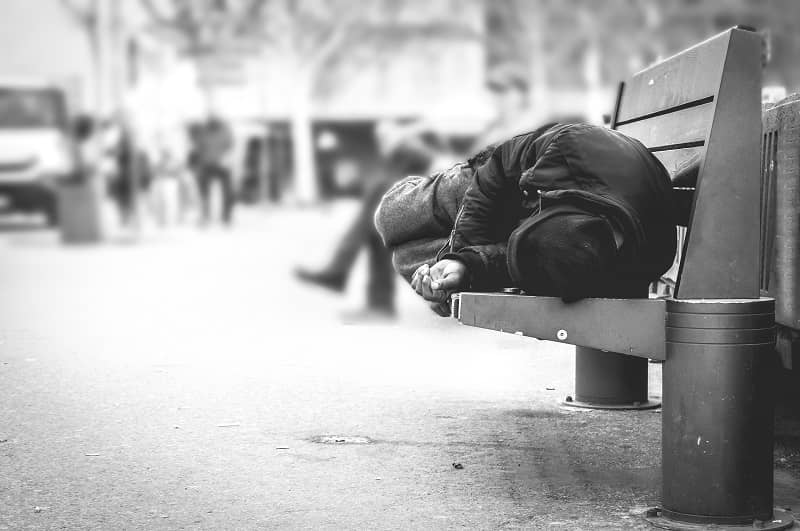



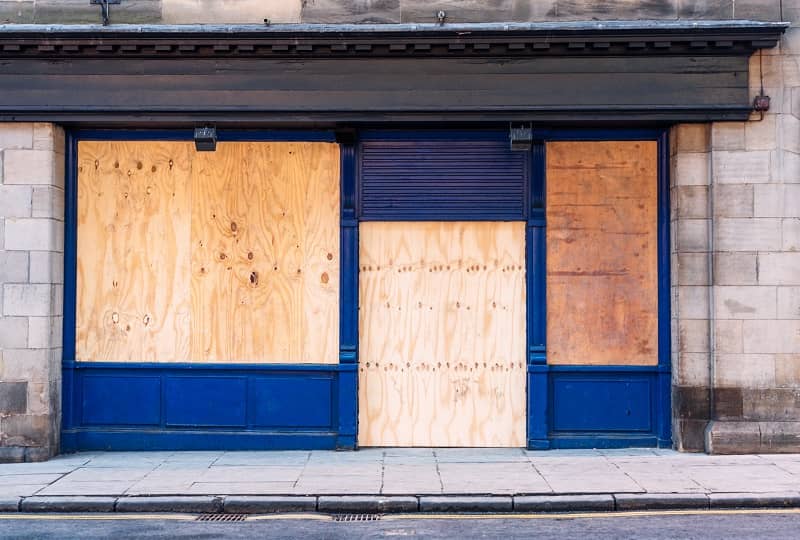





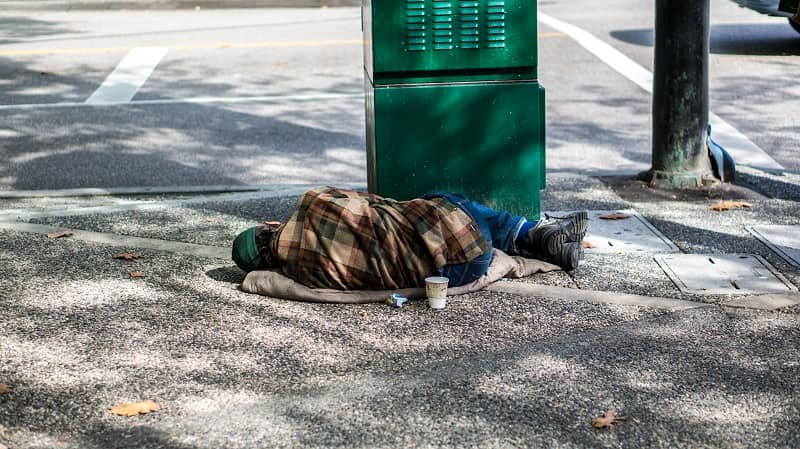
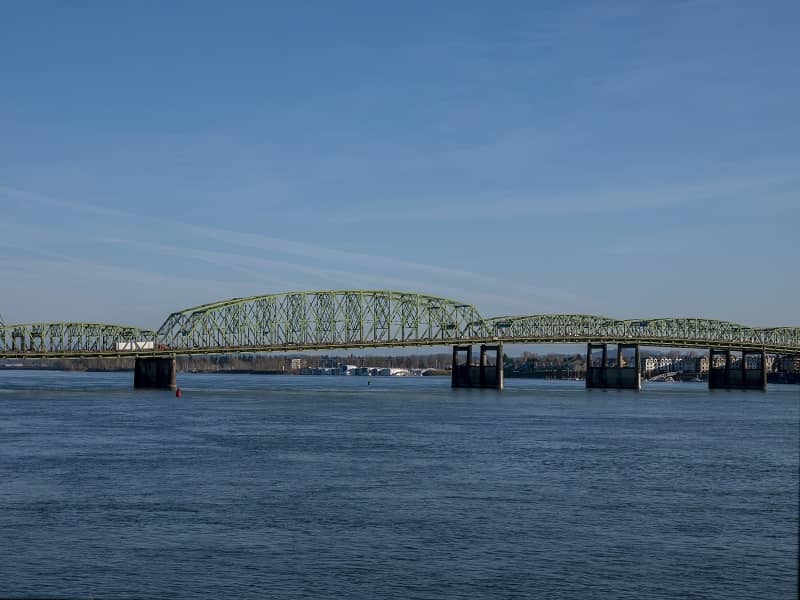
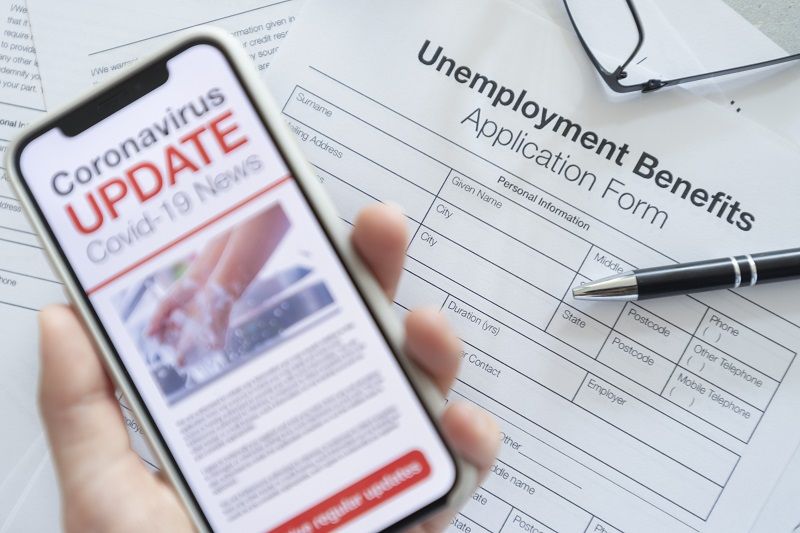
Tamara Kinman
A lot of the homeless people already get aid in different amounts. A lot of them will not comply with their families at rules. They need to be sorted out and helped to get jobs so they can help them selves. All the tents and garbage along roads and highways needs cleaned up and campers moved out of those places. They make huge messes which is littering! We would get fined for doing that! Low income apartments are questionable. Do they even take care of them? I think the sick ones need the first care! The drug attic people need in locked down facilities for a long enough time to get rid of their addiction. Quit throwing taxpayer dollars in the garbage!! We should not have to see their garbage and mess every time we get in our car! We should not have to avoid areas on our walks either!! Consider the taxpayers for once!!!
NW
Our neighborhood is about 1 mile from any type of services. We have a tent person living on the sidewalk, blocking access. We’ve talked to the City multiple times about it and they are unable to do anything. I personally reached out to several advocacy offices who are not responding.
Some neighbors are getting very agitated about the camper who is technically on “my” sidewalk. I monitor for garbage, there isn’t very much. This person packs up and leaves for several hours mid-day, but the times are unpredictable.
There are plenty of people who would like to use the sidewalk; disabled, kids on foot and on bike, pets on leash, families.
The City of Salem just came around a few months ago and installed new sidewalk ramps for better accessibility; they are not doing any good is the sidewalk is blocked.
What are we supposed to do? As a fellow human I don’t want to see someone living this way, even by choice. The combination of factors that put this person here is complicated.